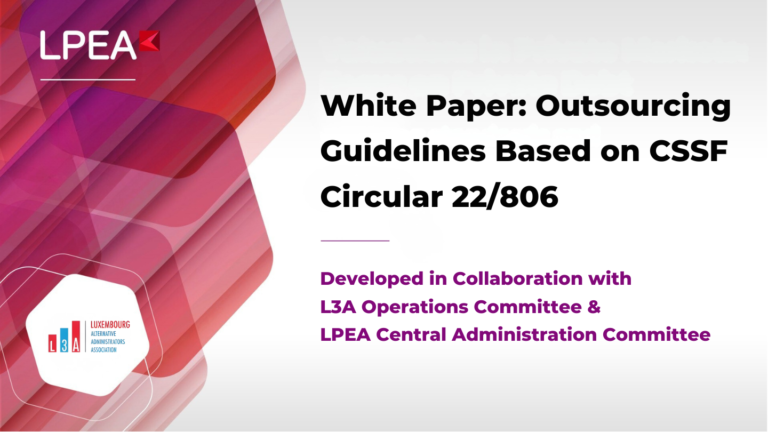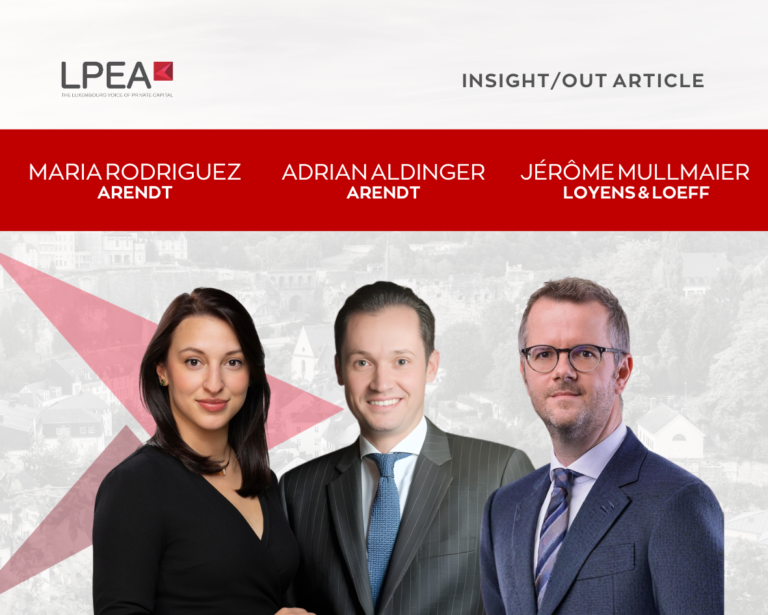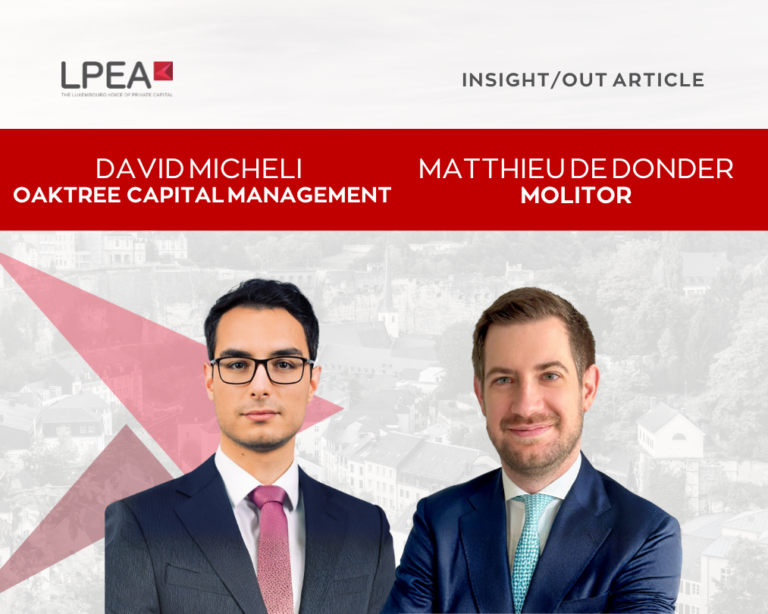By Sara Calliari – Private Banker, Dedicated funds, Raffaella Quarato – Head of Wealth Solutions, and Anne-Sophie Théodore – Business Development and Sales Support Manager at Edmond de Rothschild, as published in Insight/Out magazine #32
The strategic role of private equity in unpredictable economies
According to McKinsey’s latest Global Private Markets Review, private markets entered a slower era in 2023 with macroeconomic headwinds, rising financing costs and an uncertain growth outlook weighing on fundraising, deal activity and performance. Performance which, in most private asset classes remained below historical averages for the last two years. The wave of optimism of the past decade, supported by low interest rates and consistently expanding multiples, seems a long way off.
Rising funding costs, depressed M&A activity and an uncertain macroeconomic environment have made private equity managers’ job difficult in 2023.
For Real Estate, 2023 and the first semester of 2024 was a period of transition, characterized by the presence of new and familiar challenges: pandemic-driven demand issues continued, while elevated financing costs, expanding cap rates, and valuation uncertainty weighed on commercial real estate deal volumes.
In consequence, fundraising and investment performance of real estate underperformed historical averages in 2023, as previously high-performing multifamily and industrial sectors joined the office segment in producing negative returns.
Other private asset classes, such as Debt and infrastructure, again proved to be the most resilient against a turbulent market backdrop.
Despite this landscape and looking at an economic context marked by geopolitical uncertainty, Private Equity (PE) still continues to be an essential asset class for sophisticated investors, mainly family offices. According to Deloitte Private Family Office Insight, private equity has surpassed public equity as the number one asset class family offices invest in. This analysis is also confirmed by the J.P. Morgan Global Family Office report, edition 2024, which illustrates the preference of family offices for Private Equity and Real Estate, as showed in the chart below:

Asset allocation for family offices: the most commonly held asset classes (Source : J.P. Morgan Global Family Office Report 2024)
In parallel to these trends, there is a noteworthy shift towards sustainable investing. This not-so-new development has shown to take a pivotal role at the centre of European family offices’ investment convictions, as well as Edmond de Rothschild’s strategy.
What’s more? Recent surveys also pinpoint that family offices increasingly opt to create and structure their own private equity funds on top of directly investing in companies. A majority (62%) of family offices made at least six direct investments last year, where they buy a stake in a private company or provide lending, according to the survey of family offices by BNY Mellon Wealth Management.
In order to identify global trends that will shape the world of tomorrow, family offices need a conviction-driven investment house with a longstanding expertise: that’s what we aim to do through innovative solutions.
This includes offering private equity opportunities that have a tangible impact on major issues such as competitiveness, job creation, innovation and energy transition.
Our approach targets high-potential opportunities, supporting the development and transformation of businesses while collaborating with expert investment teams. We manage financial, environmental, social, and governance risks to achieve sustainable growth, balancing long-term financial performance with positive impact.
Alignment of interests with our investors is key: beyond convictions, it is a common entrepreneurial vision.
Investing in the real economy with common aspirations
Our approach to Private Equity: 14 strategies spread across 3 pillars to address the challenges of the 21st century:
- Real assets: focused on the regenerative economy & energy transition ranging from strategies in environmental infrastructure to social & mobility infrastructure,
- Emerging economies: strategic support and finance to help promising SMEs reach critical size such as providing growth capital to the agro-industry in Africa and Latin America,
- Buyout & Growth Capital: assisting companies in their growth through long-term financing with strategic and operational support.
We are committed to enhancing the footprint of our investors’ wealth by pursuing a harmonious balance between robust financial performance and substantial improvements in the social and environmental realm. Our involvement in Real Estate goes above and beyond the common conception of the purchase and sale of buildings; it includes investments in European industrial and logistics assets, European real estate debt and “green” offices.

Bridging investor aspirations and single assets
The rise in investors’ ambitions to invest in funds has as well reinforced their appetite for direct investments, to have a targeted approach to private markets.
Within our ecosystem, this encompasses investments focusing on single assets and companies within private markets, alongside or instead of traditional asset allocation, addressing crucial investor requirements:
- Selected opportunities in line with investor’s personal and financial convictions,
- Immediate exposure to identified investments,
- Proximity to investments contributing to an entrepreneurial journey,
- Global portfolio allocation optimization,
- Diversification,
- Superior expected performance, and last but not least,
- A tailored solution.
Engraving a long-term vision in private clients’ wealth
We consistently face the complexities and demands of our clients, primarily entrepreneurs. Thanks to an extensive experience in fund structuring and expertise in wealth planning, we are able to guide and support our clients in structuring their wealth with a long-term vision, adapting to a wide range of asset classes.
Like the economic landscape, family dynamics are also becoming increasingly complex: growing international exposure and relationships involving children from different marriages may introduce additional intricacies to family relations. In this context, ensuring governance, integrity and the effective transfer of wealth has become essential. A carefully designed long-term structure is often the answer, safeguarding the interests of all beloved ones.
When it comes to wealth structuring, Luxembourg is frequently the jurisdiction of choice, renowned beyond its borders for compelling reasons: political stability, professional infrastructure, a broad range of investment vehicles, regulatory frameworks designed to protect investors and investments and finally, an international edge proven by 180 coexisting nationalities and 88 Double Tax Treaties.
Among the available options, an investment fund can be an attractive solution for families with diversified portfolios across multiple asset classes and jurisdictions. It provides a streamlined operational structure, preserves asset integrity across generations, and offers clear governance within a regulated or semi-regulated framework.
Leveraging on longstanding know-how, we are able to guide and assist our private banking clients in structuring their own investment fund as well as offering depositary bank, central administration, portfolio management and AIFM services.
Conclusion
In the recent years, we have observed an increasing sophistication in our private clients’ needs, both in specific asset classes (such as private equity, real estate and direct investments) and in the chosen structuring solutions (such as dedicated funds and philanthropic initiatives).
In this context, it is essential to effectively guide the wealth management journey across its various aspects and support clients in selecting the best options available.




